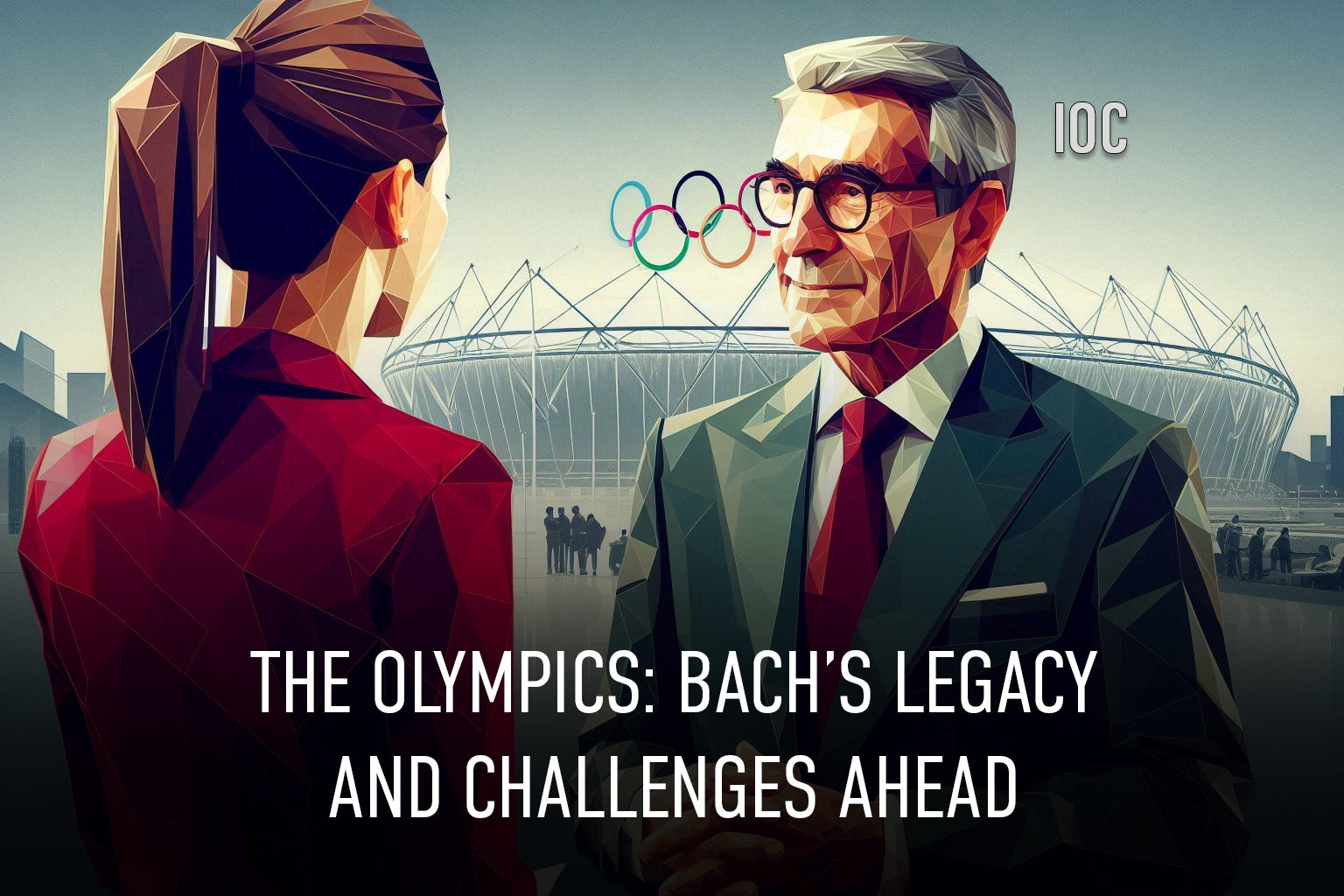THE OLYMPICS: BACH’S LEGACY AND CHALLENGES AHEAD

A Decade of Transformation
For 12 years, Thomas Bach has led the International Olympic Committee (IOC) through an era of unprecedented challenges. From a global pandemic that forced two Olympic Games to be held without spectators to a state-sponsored Russian doping scandal, his tenure has been defined by crises and reform.
The Games were hosted in Russia, Brazil, South Korea, China, and France, each facing political turmoil, war, or regional tensions. Through it all, Bach has remained steadfast in his belief that the Olympics should remain politically neutral.
A Vision of Unity
As he prepares to leave his position, Bach insists that the Games must continue to serve as a symbol of global unity. “Sport has to be politically neutral; otherwise, we cannot accomplish our mission to bring the entire world together,” he told CNN. He pointed to the Paris 2024 Games as proof that athletes from conflict-ridden nations—including Russia, Ukraine, Israel, and Palestine—can compete together peacefully.
The Road to Los Angeles 2028
The next Olympic Games in Los Angeles face an uncertain political climate. The United States remains deeply divided, and past administrations have demonstrated contrasting attitudes toward the Olympics. Bach remains confident that former President Donald Trump, who supported Los Angeles’ bid, will continue to back the Games despite his often polarizing approach to governance.
Athletes Caught in Political Battles
While Trump has been a vocal supporter of the Olympics, his administration’s policies have created new concerns. His executive order barring transgender women from competing in women’s sports has introduced complications for athletes preparing for LA 2028. Visa restrictions could potentially affect those who do not meet the administration’s gender definitions, adding further uncertainty to the Games.
Misinformation and Targeted Attacks
Bach has defended athletes against misinformation, particularly in the case of gold-medal-winning boxers Imane Khelif and Lin Yu-ting. Both were falsely accused of being transgender athletes, fueling online abuse and political controversy. The issue was exacerbated by the Russian-backed International Boxing Association (IBA), which attempted to disqualify them. Bach condemned the attacks as part of a broader campaign to undermine the IOC’s authority.
The Russia Question
Bach’s relationship with Russian President Vladimir Putin has evolved from initial cooperation during the 2014 Sochi Games to open hostility following Russia’s state-sponsored doping scandal and the invasion of Ukraine. The IOC has since imposed sanctions on Russian athletes, allowing only individual competitors to participate under a neutral banner. Critics argue the response has not been strong enough, while others maintain that punishing athletes for political actions is unfair.
Belarusian athletes have also found themselves in the crossfire. Those who oppose the regime face exile, imprisonment, and bans, while others are pressured to align with state propaganda. The IOC’s stance on Belarus remains ambiguous, highlighting the broader struggle of balancing political realities with the Olympic ideal.
Looking Ahead
As Bach steps down, his successor will inherit a complex landscape where politics, social issues, and international relations continue to intersect with sports. The question remains: can the Olympics maintain their neutrality in an increasingly polarized world? According to Bach, “It’s not about Russia. It is about the athletes. Everybody who is following the rules has a place in the Olympics.” Yet for many athletes, especially those from Belarus, the rules of survival extend far beyond the playing field.
